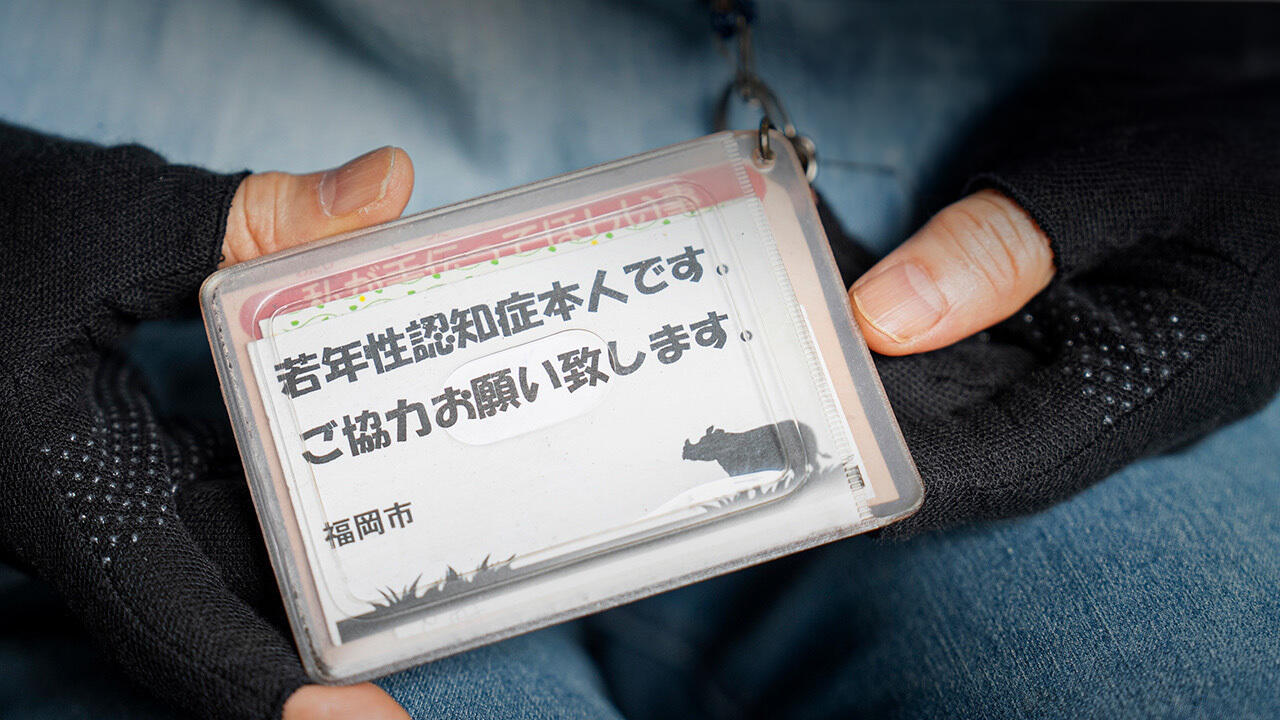
Tsugi-Coco is a watch-like personal navigation device that alleviates the worry of people with dementia getting lost while out on their own. Amid the misconceptions and stigma, Tsugi-Coco confronts the challenges of dementia head-on.

What would you do if a family member were diagnosed with dementia?
One often hears of those affected having their outings restricted or tracked via GPS to keep them safe or losing access to their wallets to avoid unnecessary purchases. But how would it feel to suddenly be confined from the day you are diagnosed?
In this article, we discuss the realities of dementia, which is shrouded in misconceptions. Read on to find out how you can help affected loved ones to continue living in familiar surroundings.
Startling statistics
In Japan, some 10.36 million people have dementia or mild cognitive impairment—roughly equal to the population of children aged 12 or younger. For every child you see in your neighborhood, there may be just as many people who have dementia.
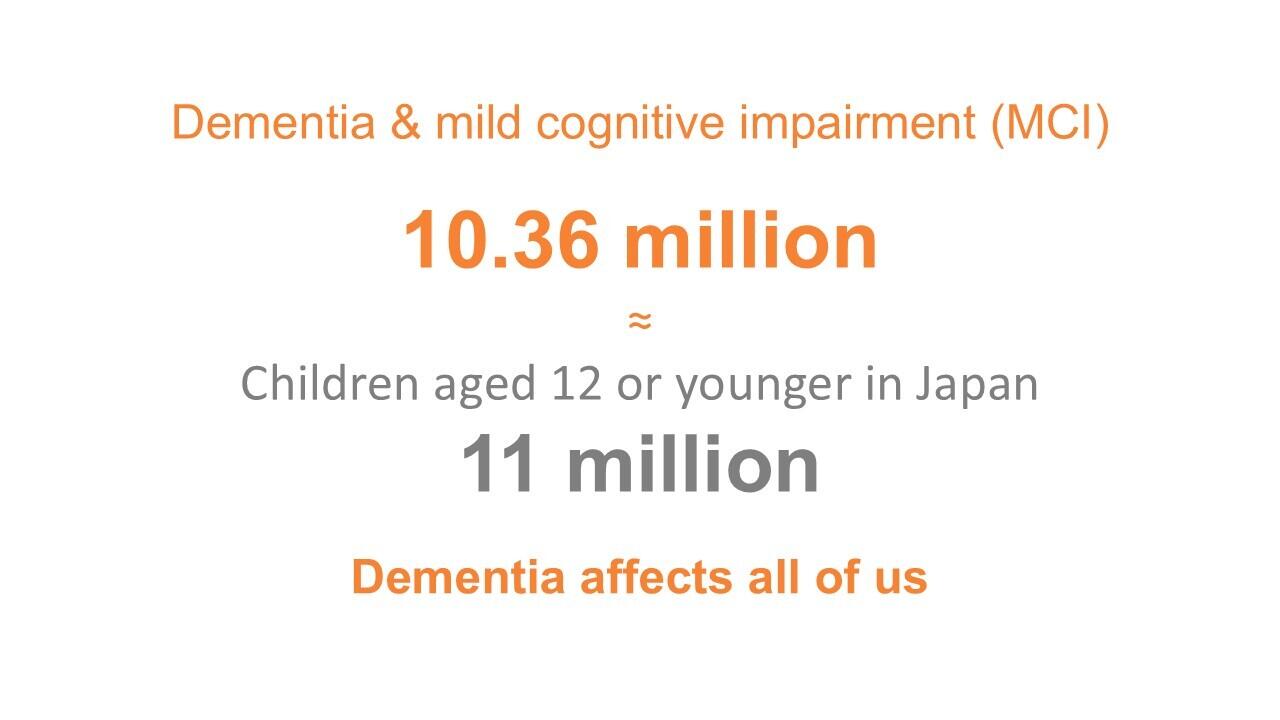
Tomofumi Tanno is one of those affected. His story has been made into a film, and he shares it through presentations across the country.
In 2013, Tanno was just 39 and a top salesman at Netz Toyota Sendai when he was diagnosed with Alzheimer’s disease.
Tomofumi Tanno, living with dementia
When I was diagnosed, I thought my life was over. My family was also worried and made me try anything that might be effective against dementia.
That period is the worst (laughs). You lose confidence and feel dejected. And that only speeds up the disease’s progress.
It’s true that your cognitive function does decline, but in this day and age, you can compensate with technology. You don’t “forget” places or people’s faces so much as you become uncertain, and I think IT can fill that gap.
Tanno’s speaking engagements take him all over Japan, yet he says that, despite his condition, smartphones and other IT tools allow him to travel solo without trouble.
Tanno, living with dementia
Having successful experiences is important.
But when others restrict your movements to protect you from failure, they deny you the opportunity to figure things out. You miss out on those success stories, and you lose confidence... As a result, you’re more likely to become withdrawn, and the disease progresses more rapidly.
I always use things like map apps and transport guides. I’m constantly losing my way, so getting lost near my own home doesn’t bother me (laughs).
My family asks where I am, but the problem is I don’t know, so in these situations, I can use video calls to show them my surroundings.
Even when symptoms are mild, worried relatives often track a person’s whereabouts via GPS. As Tanno explains, “In many cases, the individual resents being constantly monitored.” The reality for many of those diagnosed with dementia is that they aren’t allowed to leave the house freely.
Similarly, although many people switch to simpler smartphones designed for older users, having access to various functions helps to build up successful experiences. In this way, good intentions can sometimes have the opposite effect.
“Every person experiences dementia differently. That’s why acceptance is important, rather than persuasion,” says Tanno. “The people around you can’t simply take away your freedom.”
When the world looks different
Toyota Times also visited the Dementia Friendly Center, run by Fukuoka City. This unique facility seeks to help “people with dementia live comfortably and independently in their familiar neighborhoods.”
Here, too, we discovered many surprises. Let’s start with the two floor mats pictured below.
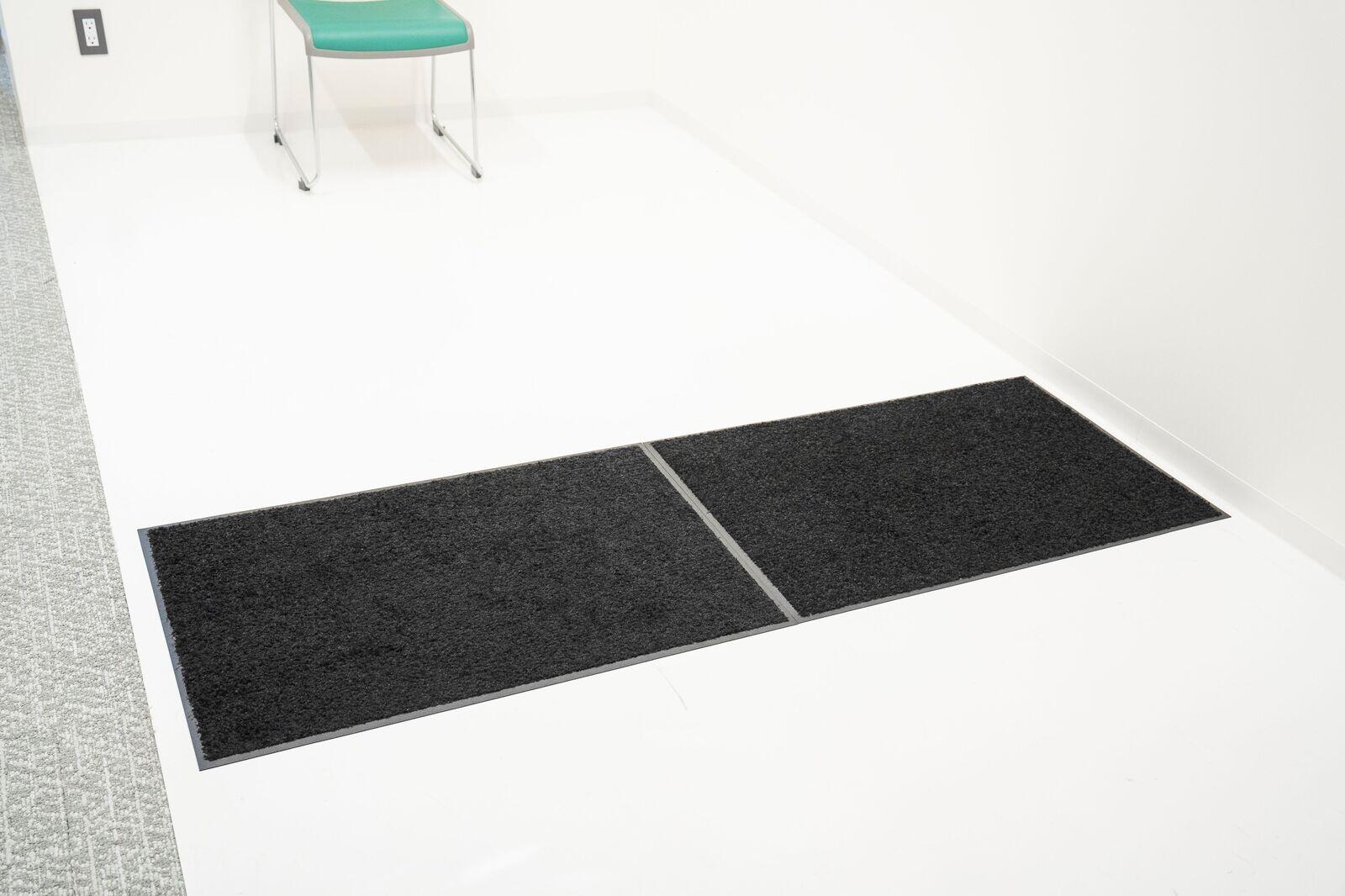
How might these mats look to someone with dementia? When viewed through simulation goggles, some people see them as a big hole in the ground, a terrifying prospect.
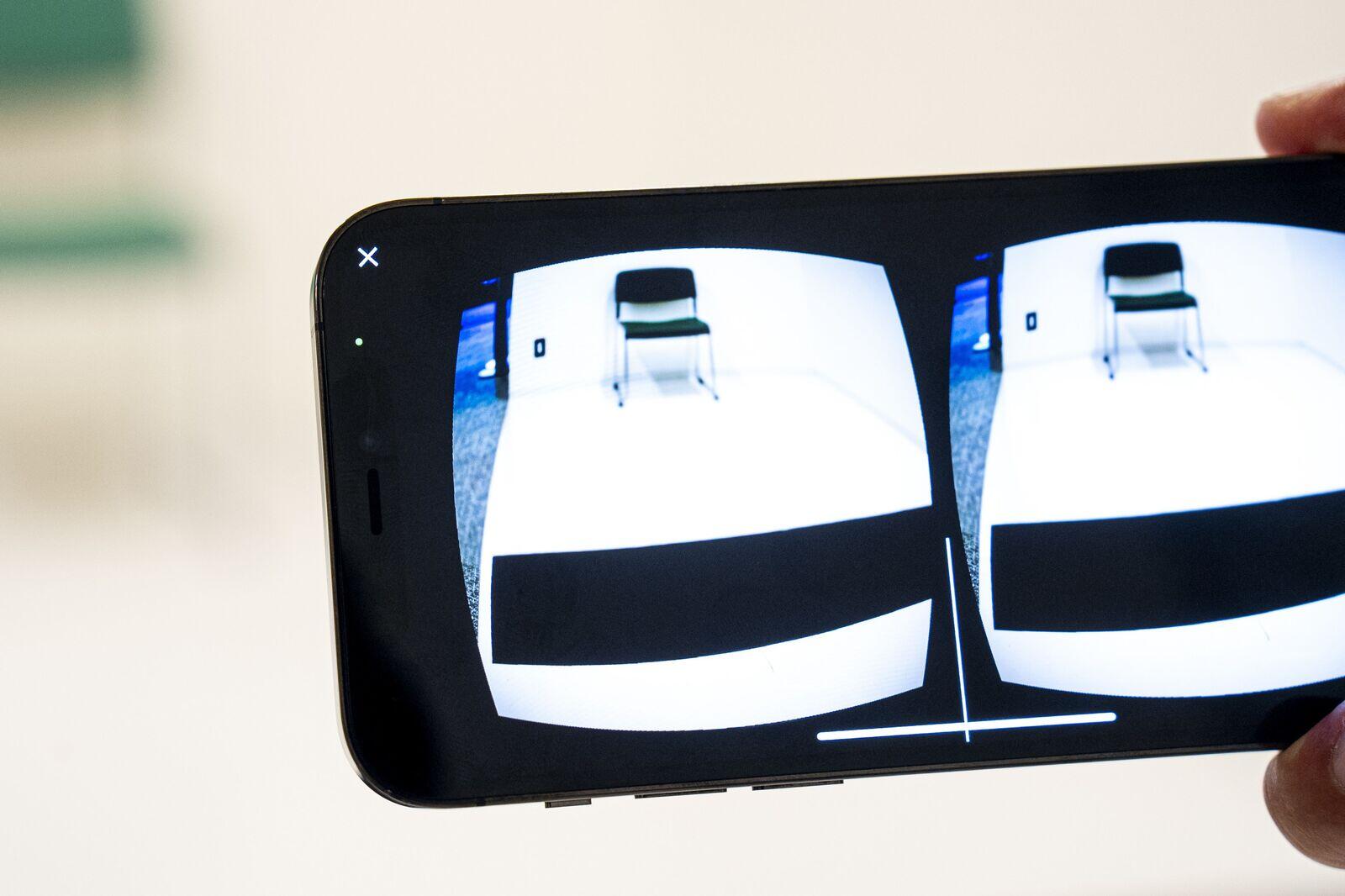
Indeed, in certain cases, dementia narrows the individual’s field of vision, impairing spatial awareness and causing them to lose their bearings.
This is why a person’s family might restrict their movement, but this causes a vicious cycle that steadily saps their confidence.
Kazuhiro Tou, Director, Fukuoka Dementia Friendly Center
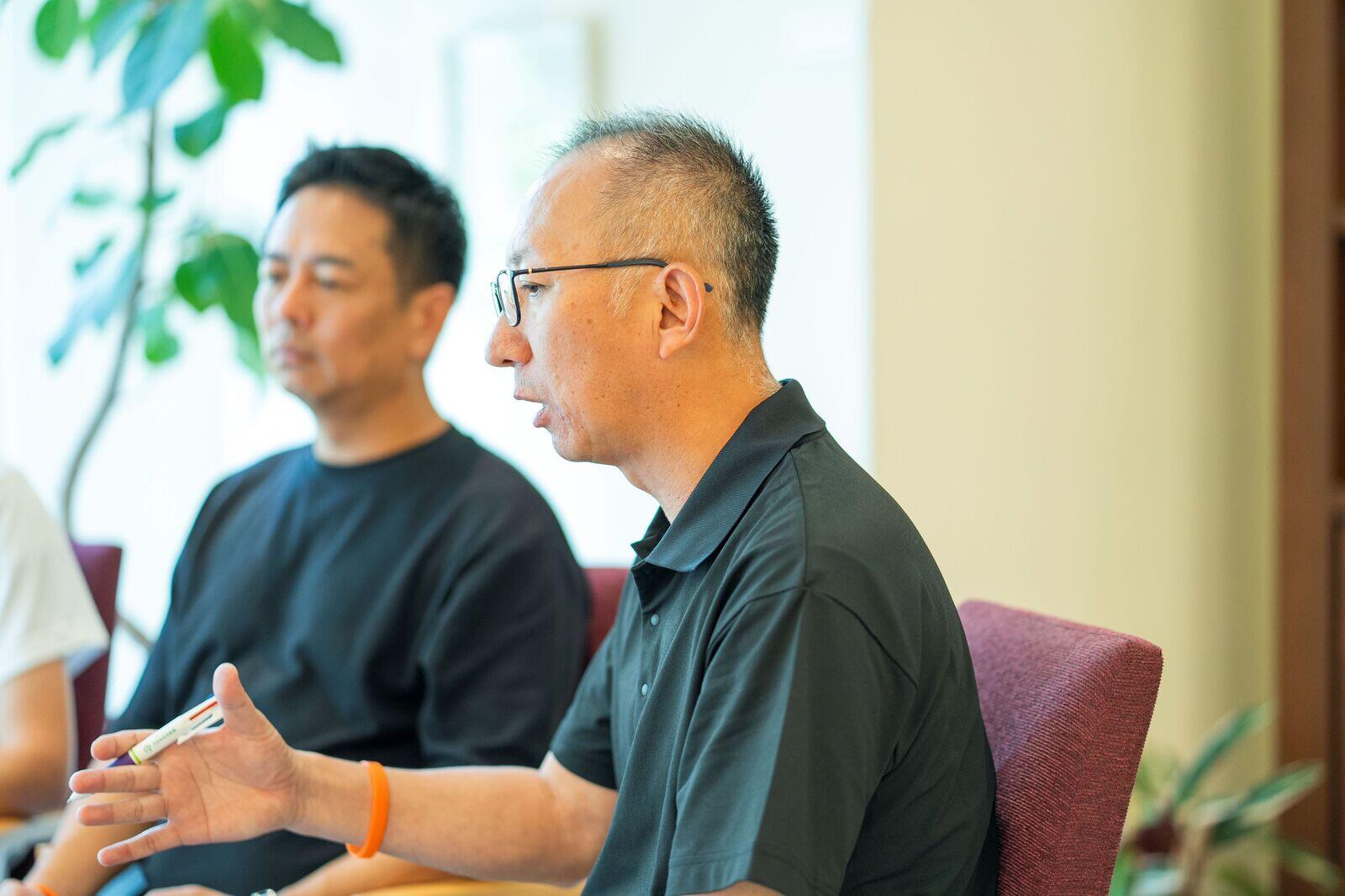
In the years to come, people with dementia will go from being a minority to the majority. We need to create a society where dementia can be acknowledged openly, not concealed. Instead of declining, I feel that our society needs to update for the future.
We tend to assume that individuals with dementia become incapable of doing anything for themselves. In reality, 70% of those diagnosed have only mild symptoms that allow for an independent lifestyle if someone is there to look out for them.
Atsushi Sumida, Manager of Dementia Care Support Section, Fukuoka City
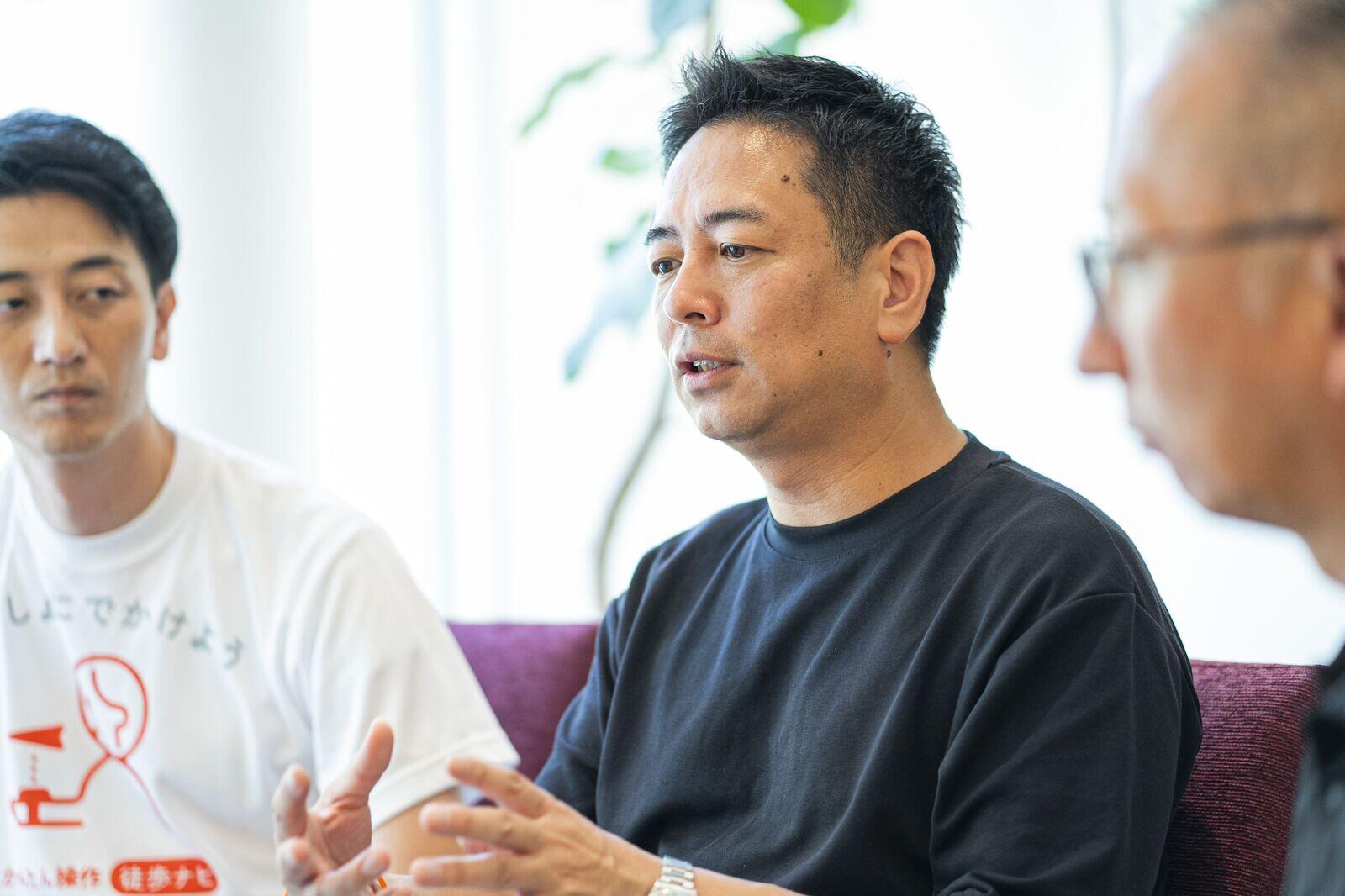
Being socially engaged is effective in slowing the progress of dementia. Many people have milder forms of the disease and can still play active roles in society.
On the other hand, stress and mistakes hasten the onset of dementia, so changing the environment is important. The feeling of “I can still do this” gives people hope.
Most dementia-related devices are designed to reduce the burden on families, while very few support the individual’s freedom of mobility. This status quo didn’t sit right with Toyota’s Hiroshi Yamada.
He is developing Tsugi-Coco, a simple-to-use personal navigation device that gives people with mild dementia the confidence to go out on their own.
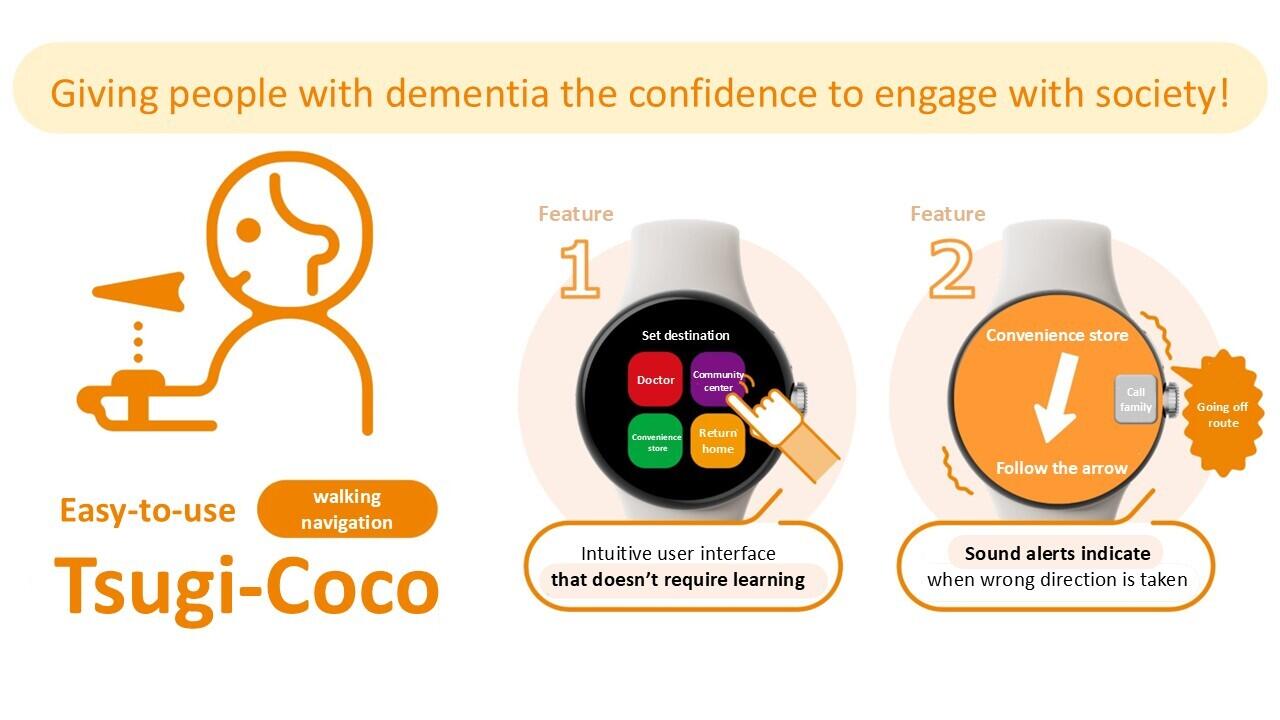
Routes are set in advance, and the guidance can be turned on with a single touch. The navigation screen displays a simple, easy-to-follow arrow, while vibrations and sounds notify the user when they are near a turn.
Tsugi-Coco also alerts the wearer if they go off route and on long straights, reassuring them that they are on the right path.
Hiroshi Yamada, Project Manager, Advanced Project Promotion Div.
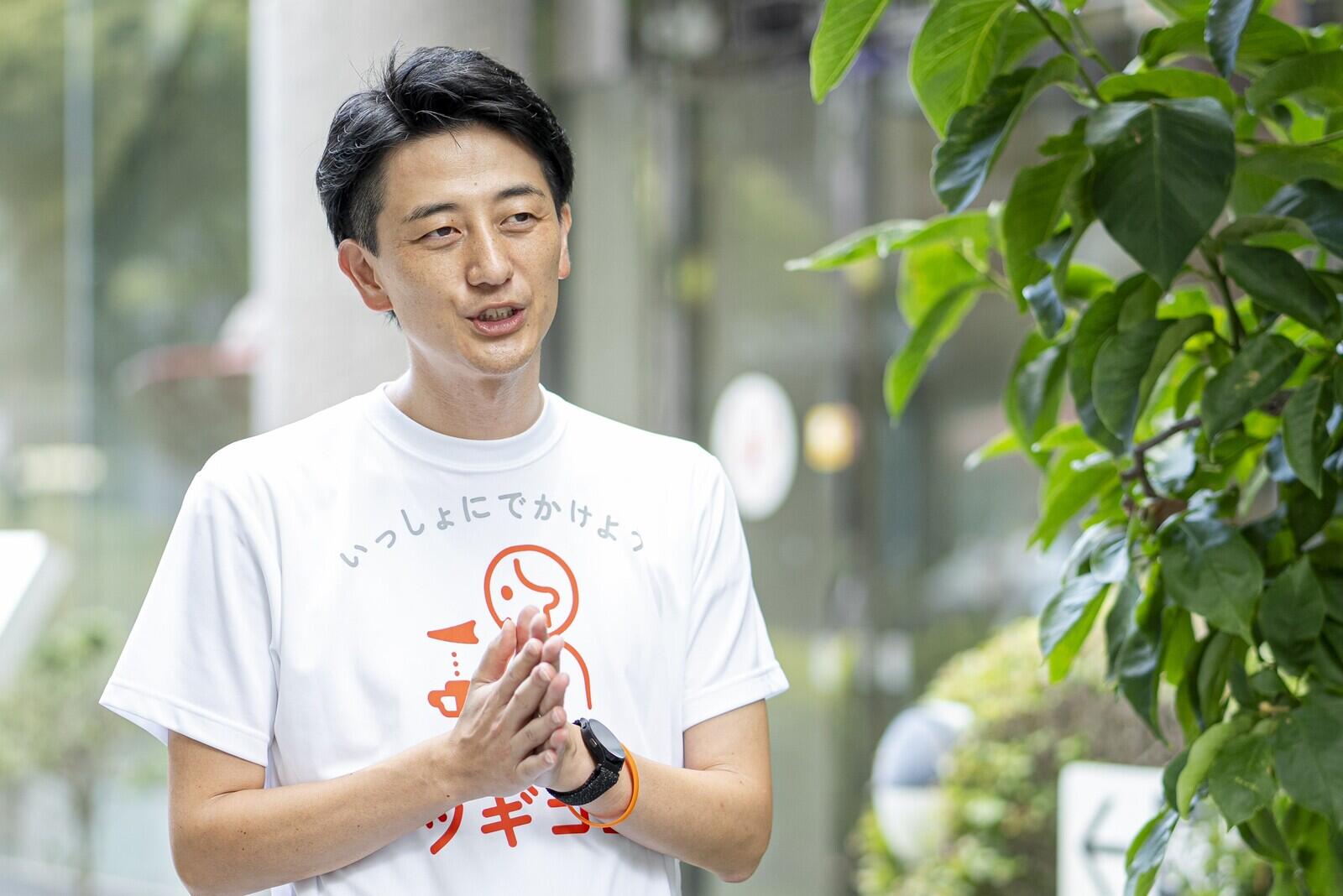
As an engineer, I spent more than a decade working on autonomous driving that would help people remain on the road into old age. I was stunned to learn how many people suffer from dementia, so I set out to solve the mobility issues they face.
There are people like Tanno who have devised their own solutions. To share such ingenuity with the wider public, I’m working with all kinds of partners, including local governments and the Ministry of Economy, Trade and Industry, while focusing on the needs of those directly affected.
“Actually, my wife came up with the name Tsugi-Coco (literally ‘here next’),” explains Yamada with a smile. “It has a heartfelt ring to it that I love.”
One way to better understand dementia is by comparing it to eyesight—you’ll never look at dementia the same way again.

